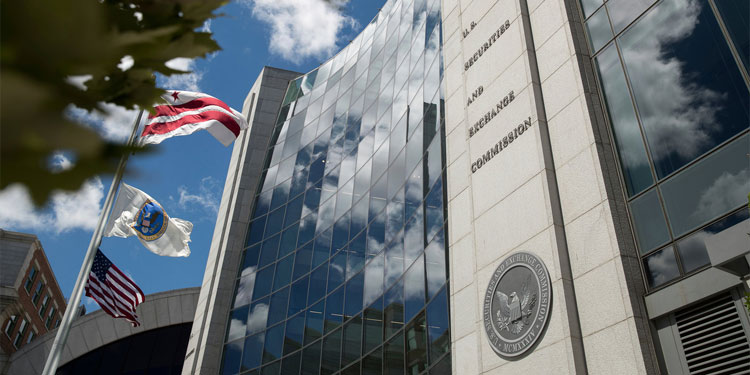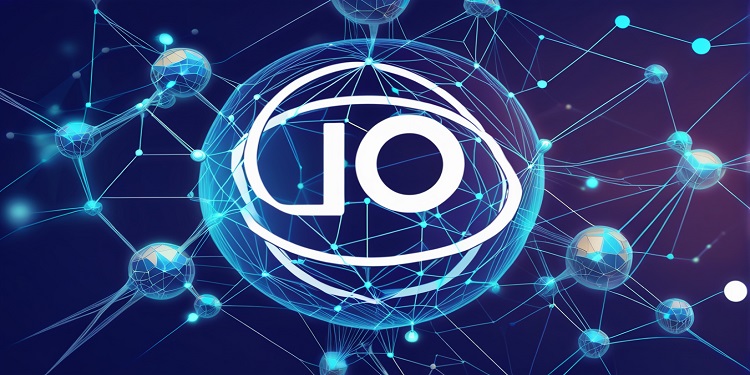Ondo Finance, a prominent player in real-world asset (RWA) tokenization, has introduced its own Layer 1 blockchain, Ondo Chain. Officially launched at the Ondo Summit in New York on February 6, 2025, this development marks a significant shift from traditional finance (TradFi) to decentralized finance (DeFi). The platform is designed to provide financial institutions with a secure, regulatory-compliant, and efficient solution for tokenizing real-world assets.
Unlike public blockchains such as Ethereum, which prioritize transparency and accessibility, Ondo Chain is tailored to institutional needs. It offers a balance between security and compliance, ensuring that established financial entities can participate in the DeFi ecosystem without violating regulatory frameworks or compromising security standards.
Addressing Challenges in Institutional RWA Tokenization
Ondo Chain has been developed to overcome key obstacles in integrating traditional financial assets into DeFi. The existing infrastructure of public blockchains presents several limitations that hinder institutional adoption, including:
DeFi Protocol Incompatibility: Many decentralized finance protocols do not support corporate actions such as forward and reverse stock splits, which are commonly used in traditional finance to adjust asset pricing and valuation. Current DeFi platforms lack mechanisms to facilitate such actions effectively.
Liquidity Fragmentation Across Chains: The issuance of RWAs on multiple blockchains has led to liquidity fragmentation. Managing these tokenized assets across different networks introduces complexity and security risks, especially when relying on bridging solutions that are susceptible to exploits.
Unstable and High Transaction Fees: The cost of transactions on public blockchains is often unpredictable and volatile. Since transaction fees are usually paid in native tokens, market fluctuations can make the costs excessive, particularly when the same tokens are used to secure the network.
Security Concerns in Network Validation: The reliance on native tokens for network security poses risks, as the volatility of RWAs is significantly lower than that of cryptocurrencies. During market downturns, the security of such networks can be compromised due to rapid fluctuations in token value.
Regulatory Restrictions: Many regulated institutions face strict compliance requirements that prevent them from engaging with public blockchains. Challenges include restrictions on holding cryptocurrencies, running nodes, paying gas fees, and concerns over front-running and malicious maximal extractable value (MEV) practices.
Ondo Chain aims to resolve these issues by providing an ecosystem specifically designed for institutional RWA trading. The initiative underscores Ondo Finance’s commitment to bridging the gap between blockchain technology and traditional finance.
Key Innovations of Ondo Chain
To ensure seamless integration of RWAs into DeFi, Ondo Chain incorporates several unique features based on extensive research into the challenges faced by institutional participants. These include:
Permissioned Validator Network: Unlike public blockchains that allow unrestricted validator participation, Ondo Chain relies on a permissioned network. Only pre-approved entities, primarily regulated financial institutions, can validate transactions. This approach enhances regulatory compliance, minimizes front-running risks, and reduces the likelihood of MEV exploitation.
RWA-Backed Staking Mechanism: Instead of using highly volatile native tokens for staking, Ondo Chain allows validators to stake tokenized RWAs and other low-risk assets such as liquid securities. This model aligns with institutional needs, ensuring network security while maintaining stability.
Omnichain Bridging Functionality: Ondo Chain integrates an advanced bridging mechanism that facilitates seamless and secure asset transfers between Ondo Chain and supported blockchain networks. Unlike conventional bridging solutions, which often rely on external mechanisms vulnerable to hacks, Ondo’s system prioritizes security and efficiency.
Built-In Oracles and Proof-of-Reserve Systems: To enhance data integrity and transparency, Ondo Chain incorporates built-in oracles and proof-of-reserve mechanisms. Validators authenticate off-chain data such as asset prices and reserve levels, ensuring reliable and accurate financial information.
In addition to Ondo Chain, Ondo Finance is expanding its ecosystem with Ondo Global Markets (OGM)—a platform that provides on-chain access to traditional financial assets. OGM plans to tokenize over 1,000 securities, including stocks, bonds, and ETFs from leading exchanges such as the NYSE and Nasdaq.
Institutional Backing and Market Impact
Ondo Finance has secured strong institutional support for its initiatives, forming strategic partnerships with major financial entities. These alliances provide crucial insights, technological expertise, and market access, enabling the development of a scalable blockchain network tailored for institutional investors.
1/ Today, we’re thrilled to announce Ondo Chain, our new Layer 1 blockchain purpose-built for institutional-grade RWAs.
Design advisors for the chain include new members of the Ondo Ecosystem: Franklin Templeton, Wellington Management, WisdomTree, Google Cloud, ABN Amro, Aon,… pic.twitter.com/a35GHB7OFW
— Ondo Finance (@OndoFinance) February 6, 2025
One of the key endorsements for Ondo Finance comes from World Liberty Financial (WLF), a financial association known for its investment strategies in blockchain-based projects. WLF has demonstrated confidence in Ondo Finance by investing $470,000 in ONDO tokens, reinforcing its belief in the project’s long-term potential. The organization views Ondo Chain as a transformative force in the financial sector and aims to integrate ONDO into its strategic reserves, ensuring sustained commitment to the ecosystem.
Following the launch of Ondo Chain, the ONDO token has exhibited market resilience, maintaining a price of $1.44 as of February 7, 2025, despite broader market downturns. Additionally, the total value locked (TVL) in the Ondo ecosystem has surged from $568.32 million on January 31 to $653.44 million by February 7, reflecting increased user activity and growing interest in Ondo-based protocols.
Transforming Financial Markets Through Blockchain
The adoption of blockchain technology for tokenizing financial assets is reshaping traditional markets by revolutionizing asset trading, settlement processes, and global accessibility. Ondo Chain is positioned to drive this transformation by offering:
Cost Efficiency: Automated processes reduce intermediaries, lowering operational costs.
Enhanced Transparency: Blockchain ensures verifiable and immutable transaction records.
Expanded Market Access: Asset digitization allows fractional ownership, enabling broader participation.
Improved Liquidity: 24/7 trading capabilities on decentralized exchanges enhance market fluidity.
New Investment Opportunities: Tokenization introduces innovative asset classes and investment models.
By leveraging blockchain technology, Ondo Finance aims to establish a more inclusive, efficient, and transparent financial system. While challenges such as regulatory compliance, security enhancements, and mass adoption remain, the potential for Ondo Chain to revolutionize financial markets is undeniable.









